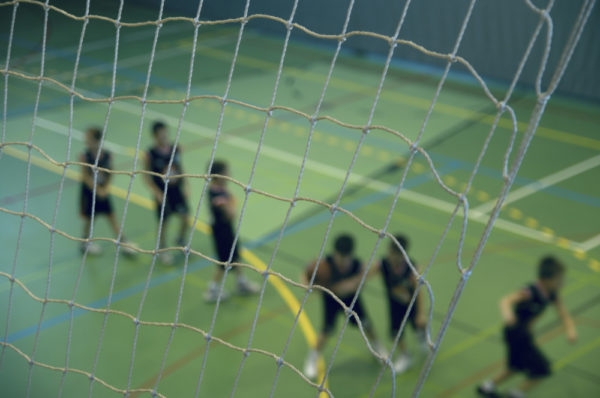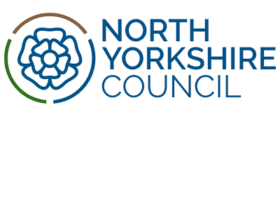In October 2017, the London Boroughs of Camden and Islington jointly commissioned The Sport, Leisure and Culture Consultancy (SLC) working alongside Hall Aitken, specialist social research consultants, to undertake a Sport and Physical Activity Needs Assessment in each Borough. This was intended to establish whether the local offer was suitable for residents’ needs. The needs assessments focused on understanding what opportunities exist to increase physical activity and how these can be addressed innovatively.
The work provided the foundation for the development of each Council’s Sport and Physical Activity Strategy. This case study focuses on London Borough of Islington.
Understanding Community Need
The study focused particularly on residents who are not currently undertaking the recommended 150 minutes of moderate intensity activity per week. Lower activity rates are associated with certain target groups and these were identified as the priority groups in the research. These include: women and girls, BAME communities, more deprived, older people (65+), people with physical and learning disabilities, people with long term health conditions and people with mental health conditions.
A mixed methods approach was used with one element informing the next to explore areas of interest as they developed. The research involved a desk-based strategic and demographic review, an online survey of 48 stakeholders, semi structured interviews with twenty stakeholders, an online survey of 750+ residents, 200 resident interviews and facilitated focus group sessions with 12 residents.
The study looked at barriers facing residents identified as inactive or insufficiently active and identified eight key opportunities to increase physical activity. These were identified as confidence, motivation, age, injury and illness, awareness, families and childcare, time, affordability and the physical environment.
The needs assessment research provided a greater understanding about the potential opportunities to increase physical activity. The solutions to these opportunities were identified as complex and requiring interventions that have a whole system focus and target the three strands of behaviour change: capability, motivation and opportunity.
Proactive Priorities
The key considerations for the Proactive Islington Physical Activity Strategy were to:
- Explore ways of increasing resident’s motivation to exercise and any other opportunities which could be more easily addressed
- Consider how physical activity can be wrapped around working lives, and non-working lives, for example, promoting workplace initiatives and more family friendly activities
- Improve perceptions of safety in the borough to make it easier for residents to engage in outdoor pursuits at all times of the day. Consider how physical activity can be taken into communities and estates making it easier for residents to access local opportunities
- Raise awareness about what physical activity is and promote the view that it is not exclusively about leisure centres or organised sports. Also raise awareness about what is currently being delivered and improving how this message is delivered to residents
- Explore partnership working with developers to incorporate physical activity space within new developments
- Explore ways of implementing the Healthy Streets principles on more of Islington’s roads to make active travel easier, safer and more appealing for more non-routine journeys and encourage residents who may not travel to work to connect to the community
- Explore how physical activity can be embedded into other services and how social prescribing can support people into activity
- Consider how the changing population will impact on future provision
- Consider areas for further research, for example how technology can influence behaviour change.
An Evidence-based Strategy
The Needs Assessment was completed in December 2018. SLC then worked closely with Islington and local partners to begin the development of a separate Proactive Sport and Physical Activity Strategy through a series of facilitated workshops around agreed strategy themes. The five-year strategy developed set clear objectives, outcomes and performance measures for the Council and Proactive Islington partners in increasing participation rates of underrepresented groups.




TESTIMONIAL
SLC produced a comprehensive report that gives a clear analysis of inactivity in Islington and what can be done to address it. Its recommendations are a major component in the Proactive Islington Strategy.
John Thorne, Leisure and Physical Activity Manager
Islington Council (January 2019)













